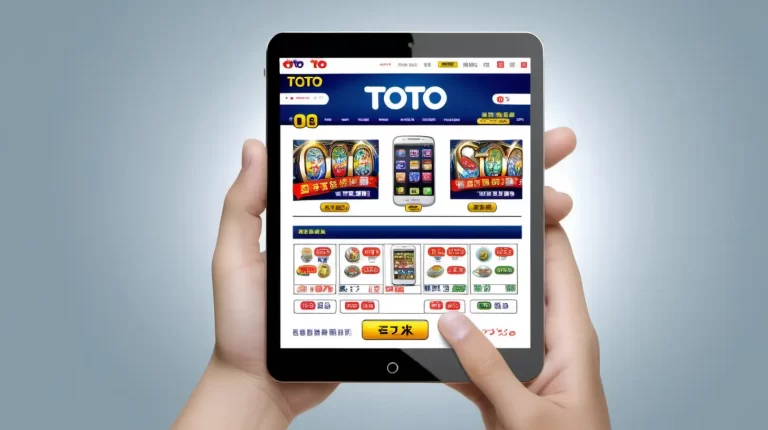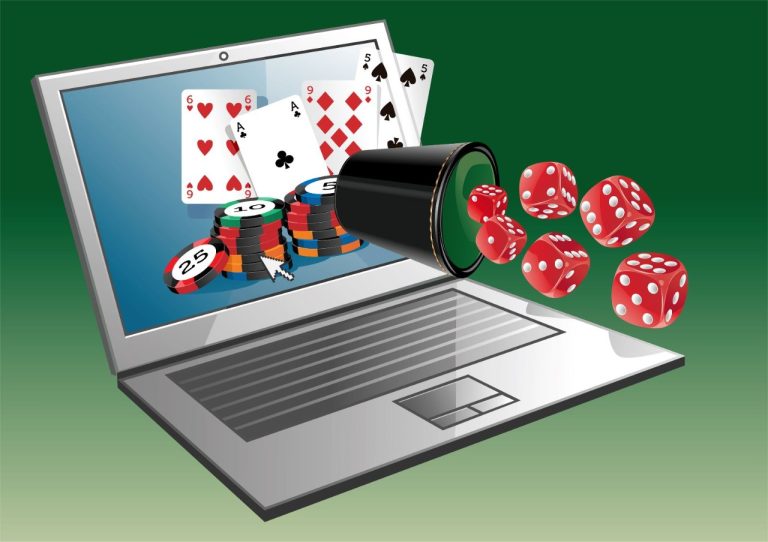Public Perception of TOTO Betting: Stigma and Reality

TOTO betting, a form of lottery widely popular in some parts of the world, has long been accompanied by a veil of stigma and misconception. Despite its prevalence, misunderstandings and negative perceptions often overshadow its reality. In this comprehensive exploration, we delve into the public perception of TOTO betting, dissecting the stigma surrounding it and uncovering the truth behind the veil.
The Origins and Evolution of TOTO Betting:
To understand the public perception of TOTO betting, it’s crucial to grasp its origins and how it has evolved over time. Originating as a simple lottery game, TOTO has transformed into a multifaceted betting system offering various forms of wagering, from sports outcomes to number predictions. The concept of TOTO betting traces back to the early 20th century, with its roots planted in traditional lottery formats. Initially, TOTO was primarily based on the outcome of football matches, allowing participants to predict the results of a predetermined set of games. Over the years, TOTO has expanded its offerings to include a wide range of sports, as well as additional betting options such as lucky draws and number predictions. This evolution reflects the dynamic nature of gambling and the adaptability of TOTO betting to meet changing consumer preferences.
Cultural Context: TOTO Betting Around the Globe:
TOTO betting’s perception varies greatly depending on the cultural context in which it is situated. While it may be widely accepted and integrated into daily life in some regions, it faces significant stigma and legal restrictions in others. In countries like Singapore and Hong Kong, TOTO betting is a cultural institution, with regular players participating in weekly draws and eagerly anticipating the announcement of results. The communal aspect of TOTO betting is particularly pronounced in these regions, where friends, family members, and colleagues often pool their resources to purchase tickets together, fostering a sense of camaraderie and shared excitement. However, in other parts of the world, TOTO betting is viewed with skepticism and disapproval, seen as a form of gambling with detrimental social and economic consequences. This disparity in perception underscores the importance of considering the cultural context when analyzing attitudes towards TOTO betting.
The Stigma Surrounding TOTO Betting:
One of the primary factors influencing public perception is the stigma attached to TOTO betting. Often associated with gambling addiction, financial irresponsibility, and social stigma, TOTO betting carries a burden of negative connotations that shape how it is perceived by society at large. This stigma is perpetuated by media portrayals of TOTO betting, which often focus on extreme cases of addiction and financial ruin, painting a one-dimensional picture that fails to capture the full spectrum of experiences associated with TOTO betting. Additionally, misconceptions about the odds of winning and the potential risks involved further contribute to the stigmatization of TOTO betting, making it difficult for individuals to engage with the activity without fear of judgment or condemnation.
Media Portrayal and Influence:
The media plays a significant role in shaping public opinion, and its portrayal of TOTO betting is no exception. Sensationalized stories of jackpot winners and tales of ruin fuel both fascination and fear, contributing to the overall stigma surrounding TOTO betting. While positive narratives about TOTO winners may serve to romanticize the activity and attract new participants, they often overlook the complexities of gambling addiction and the potential consequences of excessive wagering. Conversely, stories of individuals who have experienced financial hardship as a result of TOTO betting are frequently sensationalized, perpetuating stereotypes and reinforcing negative attitudes towards the activity. By critically examining media representations of TOTO betting, we can gain insight into the factors that influence public perception and work towards promoting a more balanced and nuanced understanding of the activity.
Economic Impact: Examining the Reality:
Contrary to popular belief, TOTO betting has a substantial economic impact beyond individual winnings and losses. Revenue generated from TOTO betting often contributes to public welfare programs, infrastructure development, and sports funding, providing a tangible benefit to society. In countries where TOTO betting is legalized and regulated, such as Singapore and Hong Kong, proceeds from TOTO sales are allocated to various government initiatives, including healthcare, education, and social services. Additionally, TOTO betting can stimulate economic activity in the form of ticket sales, advertising revenue, and tourism expenditure, further enhancing its contribution to the economy. While it’s important to acknowledge the potential risks associated with TOTO betting, it’s equally important to recognize its positive economic impact and explore ways to maximize its benefits while minimizing harm.
Regulation and Responsible Gaming:
Effective regulation and promotion of responsible gaming are essential in mitigating the negative consequences associated with TOTO betting. By implementing stringent regulations, promoting awareness campaigns, and offering support services for those at risk of developing gambling-related problems, governments and regulatory bodies can foster a safer betting environment. In countries where TOTO betting is legal, regulators work closely with operators to ensure compliance with established guidelines and standards. This includes measures such as age verification, responsible gaming messaging, and self-exclusion programs, which are designed to protect vulnerable individuals and promote responsible behavior. Additionally, regulatory authorities conduct regular audits and inspections to monitor the integrity of TOTO betting operations and detect any potential instances of fraud or misconduct. By prioritizing consumer protection and responsible gaming principles, regulators can help to minimize the negative impact of TOTO betting while preserving its entertainment value and economic benefits.
Social Perceptions and Community Engagement:
TOTO betting isn’t just about individual players; it’s deeply intertwined with communities and social dynamics. Understanding how TOTO betting intersects with social norms, peer influences, and community engagement provides valuable insights into its perception and acceptance within society. In some cultures, TOTO betting is considered a harmless form of entertainment, with participants viewing it as a fun and social activity to be enjoyed with friends and family. In contrast, in other contexts, TOTO betting is stigmatized and marginalized, leading individuals to conceal their participation out of fear of judgment or ostracization. By fostering open and inclusive discussions about TOTO betting, communities can challenge stereotypes and promote a more accepting and understanding attitude towards the activity. Community-based initiatives, such as education programs, support groups, and outreach events, can help to raise awareness about responsible gaming practices and provide resources for those in need. By engaging with stakeholders at the grassroots level, communities can play a proactive role in shaping the perception of TOTO betting and creating a more supportive and inclusive environment for all individuals.
The Role of Education and Awareness:

Education is key to challenging misconceptions and fostering a more nuanced understanding of TOTO betting. By promoting awareness of the risks and rewards associated with TOTO betting, individuals can make informed decisions, and communities can engage in constructive dialogue about its place in society. Educational initiatives can take various forms, including public awareness campaigns, school-based programs, and online resources. These efforts aim to provide individuals with the knowledge and tools they need to engage with TOTO betting responsibly and safely. By empowering individuals to make informed choices about their gambling behavior, education can help to reduce the prevalence of problem gambling and promote healthier attitudes towards TOTO betting. Additionally, education plays a crucial role in destigmatizing TOTO betting and challenging negative stereotypes. By providing accurate information about the activity and highlighting its cultural significance, education can help to shift public perception and foster greater acceptance and understanding.







